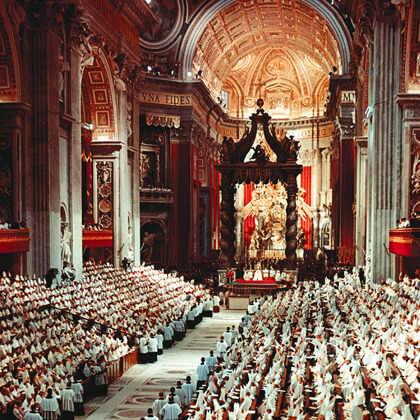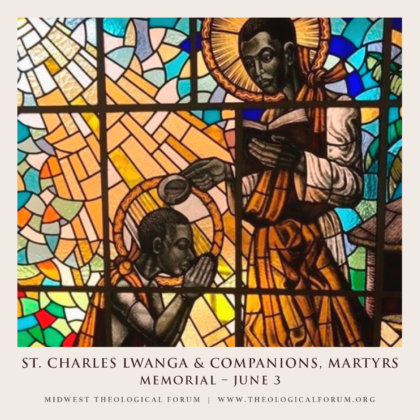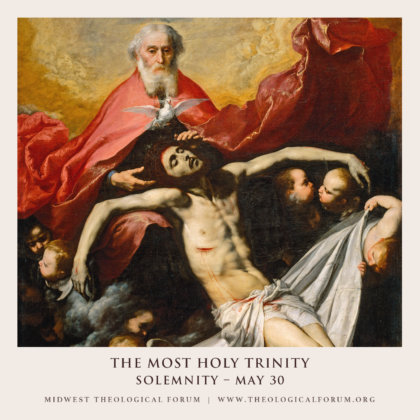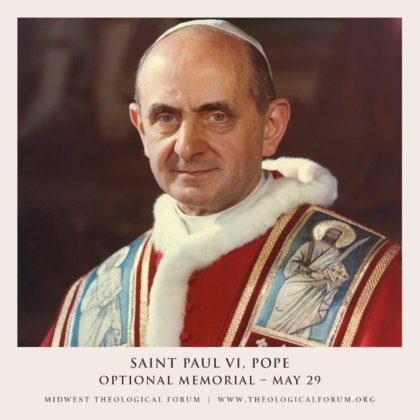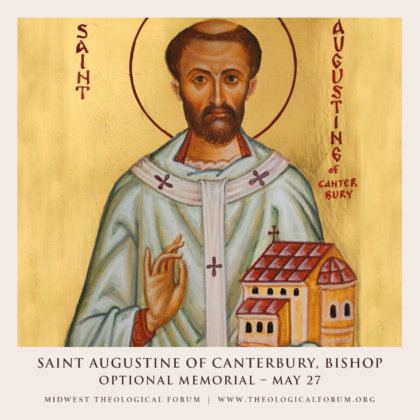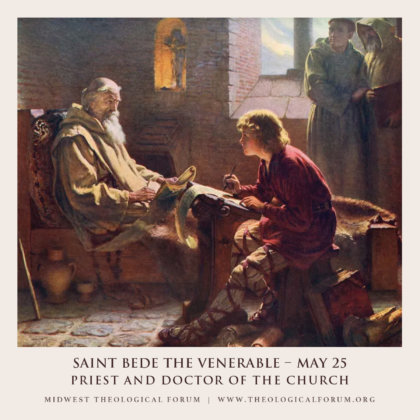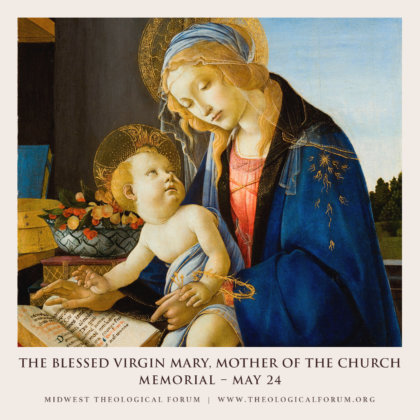*** *** *** courageous young men gave witness to Christ…
— As master page in the royal court of King Mwanga, St. Charles (d. 1886) led a group of young men to uphold their Christian faith in opposition to King Mwanga’s immoral actions. St. Charles was martyred along with many of his fellow pages, including St. Kizito, who was only fourteen. Some of the men […]

